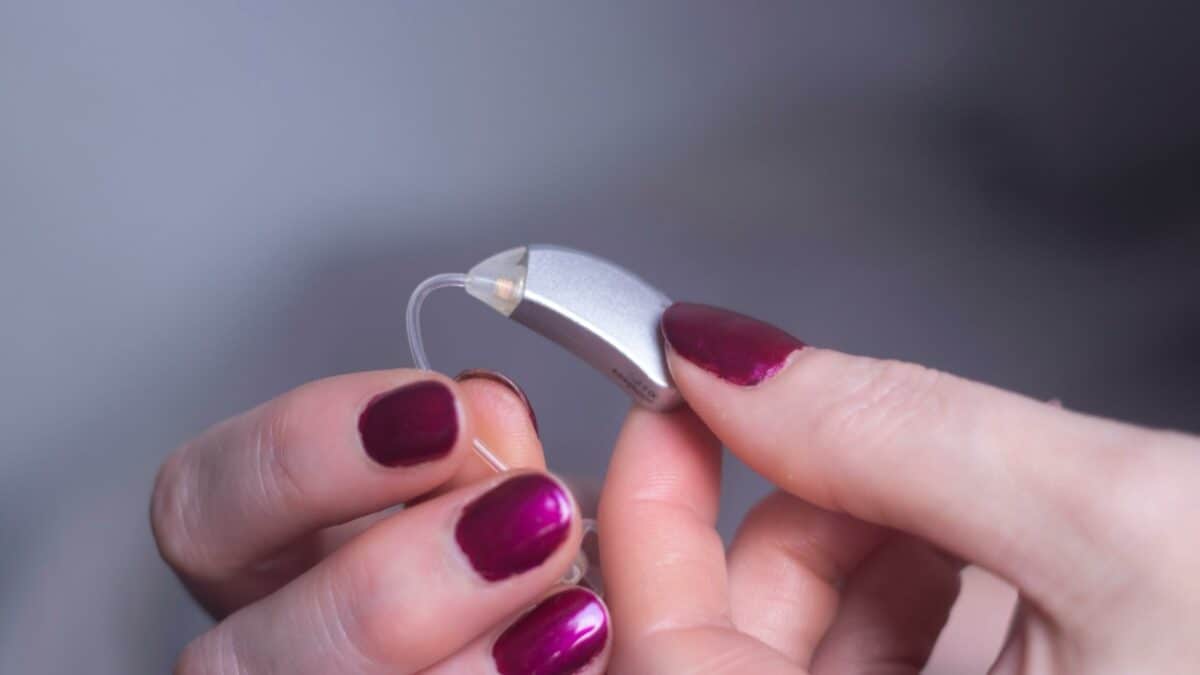Now that summer is finally here, we can take advantage of our favorite outdoor activities. If you’re like so many other Americans, the winter months can keep us trapped indoors, just waiting for the opportunity to get outdoors and enjoy what the world has to offer. Some people like to go deep into nature, enjoying the solitude of camping in a remote location, while others just like to take a daily walk in the sunshine. Whatever your favorite summer activities, you will want to know how to integrate your hearing aids into your plans. Even a sunny day can hold some risks for proper hearing aid care, so let’s walk through the steps you can take to make sure you are maintaining your devices in conditions such as heat, moisture, and other elements.
Heat Protection
Hearing aids technology has improved durability over the years, but many aids are still sensitive to very hot temperatures. Wearing your aids in hot weather won’t pose an issue, but there are other situations that can pose a risk. One of the most common mistakes with hearing aids when it comes to hot weather is leaving your aids in the sun in a hot vehicle. With temperatures climbing far higher that you would be able to endure, your aids can suffer damage. If you need to leave your hearing aids in a hot car, make sure to find a place out of the sun. If you can place them in a glove box or the trunk of a car, that isolation from the sun will give you a better chance at protection. The best option is to bring your hearing aids indoors with you when you are out and about. Using a protective case out of direct sunlight will do the best for your aids when you need to leave them for a short time in the car. Also, be sure to keep your aids out of direct sunlight at home, whether through a window, on a patio table, or in another very hot location.
Moisture Protection
When it comes to exposure to moisture, many of the latest hearing aids have some degree of water resistance. If you’re interested in learning exactly how much moisture exposure your hearing aids can withstand, take a look at the Ingress Protection (IP) rating. That two-digit number lets you know how much debris and moisture your hearing aids can withstand. The first digit ranges from 1 to 7 and indicates resistance to debris. The second number ranges from 1 to 9 and indicates resistance to moisture or liquid. A very good IP rating for a pair of hearing aids would be 67. That number indicates that your aids are highly protected against debris, dust, and sand. It also indicates that your aids can work for up to 30 minutes in up to three feet of water. Even hearing aids with an IP rating of 67 should not be worn while swimming. If you are interested in hearing aids that can be worn underwater, these devices are highly specialized, and you will need to seek specific units for that task. However, exposure to some moisture from rain, sweat, or an accidental drop in liquid can be protected for devices with an IP rating of 67. What does this mean for your aids? If you are wearing your hearing aids while camping, jogging, hiking, biking, or even outdoor water sports such as boating, your aids should be able to withstand sweat, humidity, occasional splashes, and even a sudden rainfall, as long as you get them into a dry location as soon as possible. If you do find that you accidentally get your hearing aids wet, then be sure to dry them with a soft towel as soon as possible. Some people have had success removing moisture by placing hearing aids in a sealed bag of dry, uncooked rice overnight. You can also purchase a hearing aid dryer on the consumer market that is designed specifically to dry out hearing aids that have been exposed to moisture. With these tips in mind, you should be able to enjoy all of your favorite summer activities without worrying about the risks to your hearing aids!

